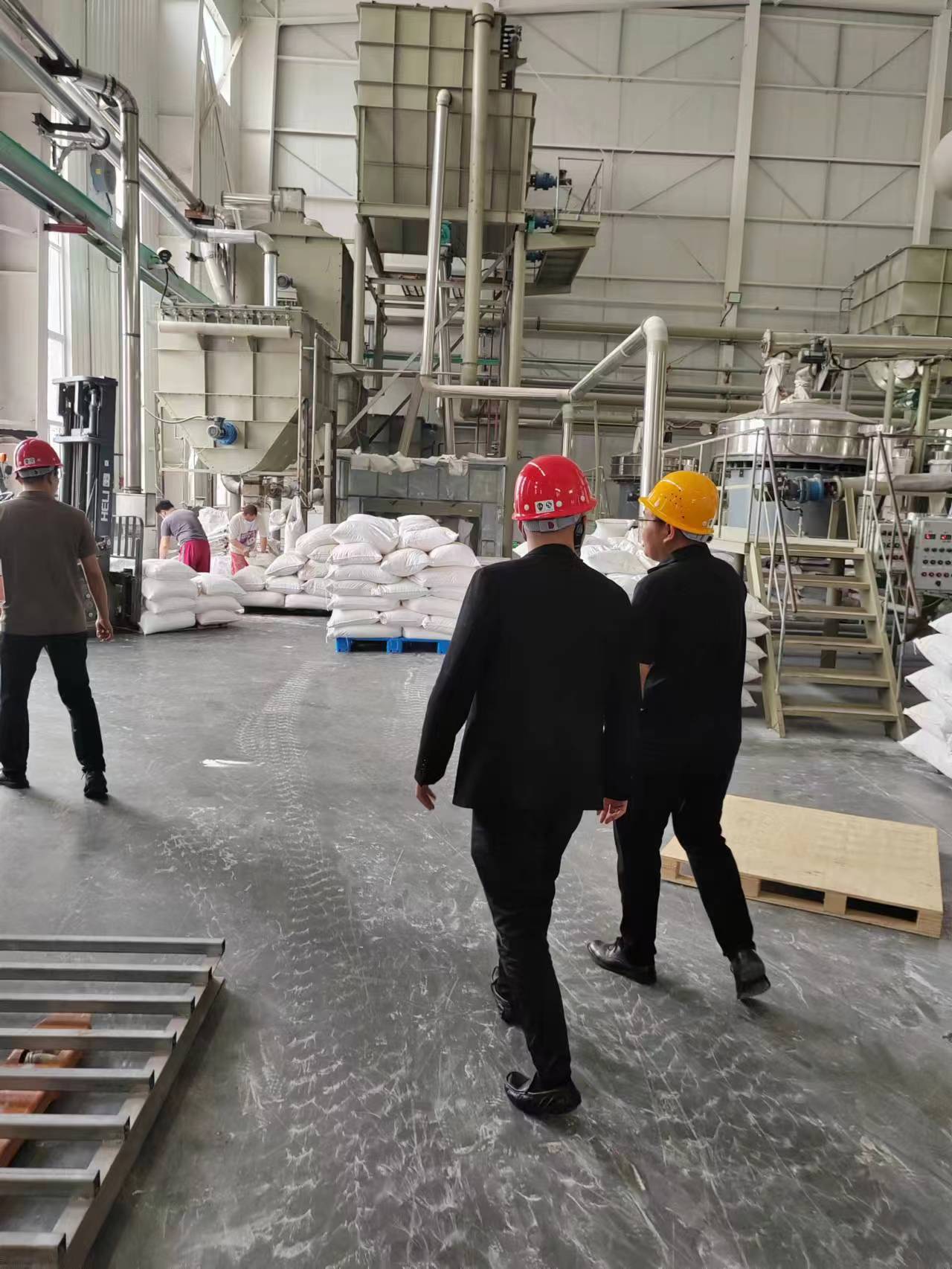Cotton linter carboxymethyl cellulose (CMC) is a derivative of cellulose, a natural polymer found abundantly in plant cell walls, primarily sourced from cotton linters. CMC is produced through a chemical modification process wherein cotton linters undergo alkalization and etherification, resulting in the substitution of hydroxyl groups with carboxymethyl groups. This transformation imparts unique properties to CMC, making it a valuable ingredient with diverse applications across various industries.
Key Properties and Characteristics:
- Water Solubility: CMC exhibits excellent water solubility, forming clear, viscous solutions when dissolved in water. This characteristic makes it suitable for use in aqueous systems, where it acts as a stabilizer, thickener, and rheology modifier.
- Thickening and Rheology Control: As a polysaccharide-based polymer, CMC possesses thickening properties that contribute to the viscosity and texture of solutions and dispersions. It offers precise control over viscosity and rheological behavior, making it ideal for applications requiring specific flow properties.
- Film-Forming Ability: CMC has the ability to form flexible, transparent films upon drying, which find applications in coatings, adhesives, and films for various purposes, including packaging and pharmaceuticals.
- Ionic Sensitivity: The degree of substitution of carboxymethyl groups in CMC affects its sensitivity to ionic strength and pH. This property enables tailored functionality and performance in different applications, such as in detergents, pharmaceuticals, and personal care products.
Applications of Cotton Linter CMC:
- Food and Beverage Industry: CMC is widely used as a stabilizer, thickener, and texturizer in food and beverage formulations. It enhances the texture and mouthfeel of products such as dairy, bakery, and confectionery items, while also providing stability to emulsions and suspensions.
- Pharmaceuticals and Personal Care Products: In pharmaceuticals, CMC serves as a binder, disintegrant, and viscosity modifier in tablet formulations, as well as a stabilizer in suspensions and emulsions. In personal care products, it finds application in creams, lotions, and oral care products for its thickening and emulsifying properties.
- Industrial Applications: CMC is utilized in various industrial applications, including paper manufacturing, textile processing, oil drilling, and detergents. It acts as a sizing agent and retention aid in papermaking, a sizing agent in textiles, a fluid loss control additive in drilling fluids, and a stabilizer and thickener in detergents.
Conclusion:
Cotton linter carboxymethyl cellulose (CMC) is a versatile polymer with a wide range of applications across industries due to its unique properties and functionalities. From enhancing the quality and stability of food products to serving as a vital ingredient in pharmaceutical formulations and industrial processes, CMC continues to play a significant role in modern manufacturing and technology. Its adaptability and performance make it an indispensable component in numerous products and processes, driving innovation and meeting the evolving needs of diverse industries.


